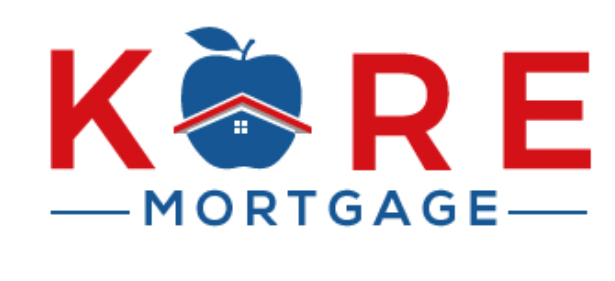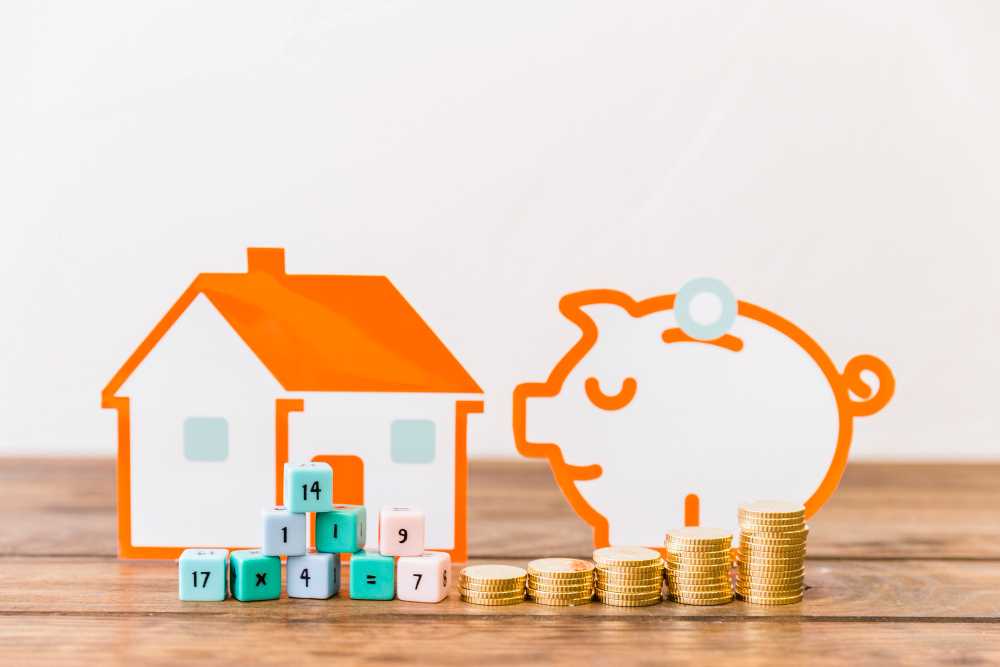Financial security is a top concern for many older adults in the United States. Rising living costs, medical bills, and other expenses can put pressure on retirement savings. If you are a homeowner of age 62 or older, a reverse mortgage can help access your home's equity for income. In this blog, we will discuss what a reverse mortgage is, how it works, and who may want to consider it.
Understanding Reverse Mortgages
A reverse mortgage is a type of home loan available to seniors who have built up equity in their homes over the years. Unlike a usual mortgage, you do not make monthly payments to the lender. Instead, the lender pays you in the form of a lump sum, monthly payments, or a line of credit. Over time, you build up a loan balance that you do not have to repay until you move out of the home, sell it or pass away. At that point, the home is typically sold to pay off the loan.
How Does It Work?
To get a reverse mortgage, you need to be aged 62 years old and either own your home outright or have a small mortgage balance. Most reverse mortgages are backed by (FHA) Federal Housing Administration, which establishes rules to protect borrowers. The amount you can borrow depends on your age, the current interest rate, and how much your home is worth. If the loan balance ends up being more than the home’s value when it is sold, you or your heirs are protected from owing the difference under FHA rules.
Who Might Benefit?
A reverse mortgage can be a great way for seniors who want extra funds during retirement. If you are concerned about running out of savings, this loan can help cover daily expenses, medical bills, or even home improvements to make your house safer as you age. Homeowners who wish to live in their property for the long term may also find peace of mind, knowing they do not have to make monthly mortgage payments as long as they keep paying property taxes and homeowners insurance.
Potential Drawbacks
While reverse mortgages provide flexibility and extra income, they are not for everyone. The fees and closing costs can be a little higher than a regular mortgage, reducing the equity you can pass on to heirs. You also are required to pay property taxes, homeowners insurance and maintenance costs. Failing to keep up with these can lead to default. If you plan to move in a few years or pass your home to family members, a reverse mortgage might not make sense. Speak with a knowledgeable mortgage lender to make sure you understand all the terms before you decide.
Reverse mortgages can give seniors the chance to stay in their homes and tap into its value to support their retirement goals. This type of loan is not one-size-fits-all, but it can offer real relief for those who need extra funds. Before taking the leap, weigh the costs and benefits, and discuss your options with us. With some planning, a reverse mortgage can bring peace of mind and added financial stability during your retirement years.













